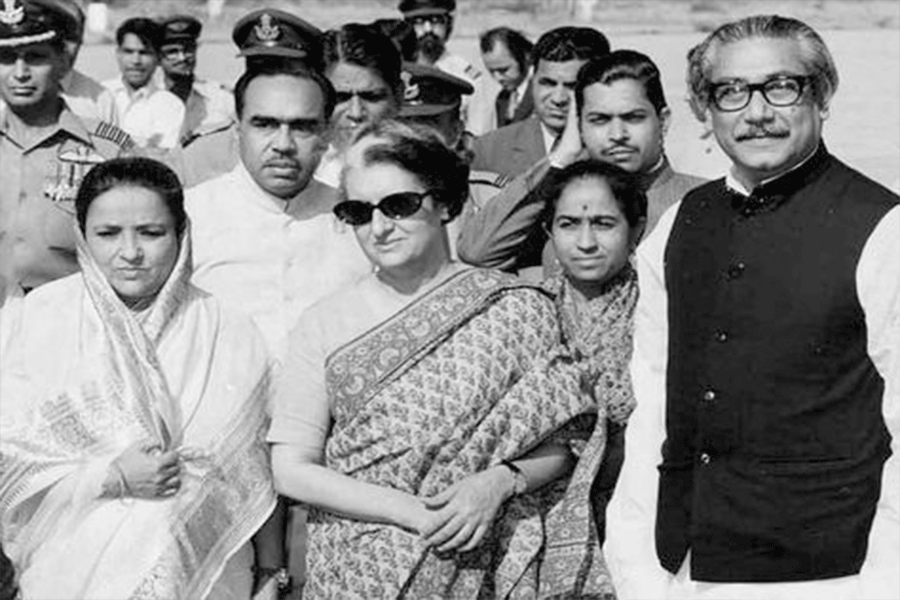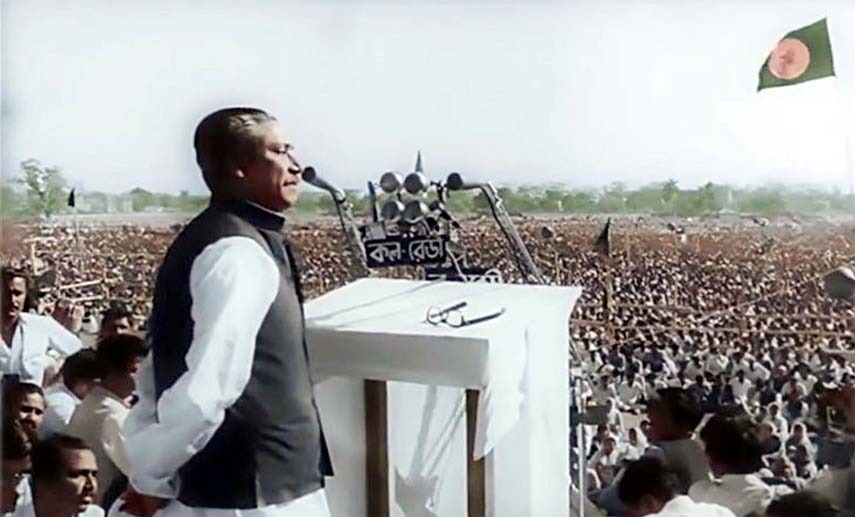Bengali language movement
Personal life and family,
General Election
Sheikh Mujibur Rahmans History
৭ অক্টোবর ১৯৭৪ বঙ্গবন্ধু শেখ মুজিবুর রহমান ইরাক সফর কালে
৭ অক্টোবর ১৯৭৪ বাংলাদেশের স্থপতি বাঙালি জাতির জনক বঙ্গবন্ধু শেখ মুজিবুর রহমান ইরাক সফর কালে ইরাকের রাষ্ট্রপতি সাদ্দাম হোসেন সহ সম্ভাব্য হযরত আলী ( রাদিআল্লাহু
Sheikh MUjubur Rahman
My greatest strength is the love for my people, my greatest weakness is that I love them too much
1920
Bangabandhu Sheikh Mujibur Rahman
1927
School Life
1934
Break of Study
1938
Mujib married
1942
Secondary School Certificate

Historic six-point programme
On February 5, 1966, Sheikh Mujibur Rahman presented his historic six-point programme known as the `charter of freedom of the Bengali nation’. It drew the roadmap for the independence of Bangladesh under the garb of greater autonomy. The programme hit hard at the roots of Pakistani colonial rule over the
National Assembly session 1971
Following general Yahya khan’s postponement of the National Assembly session on March 1, 1971, only two days before the session was due to take place, every section of the Bengalis instantaneously came out onto the streets in massive demonstrations. The Bengalis’ aspirations for freedom reached an indomitable height. From March


